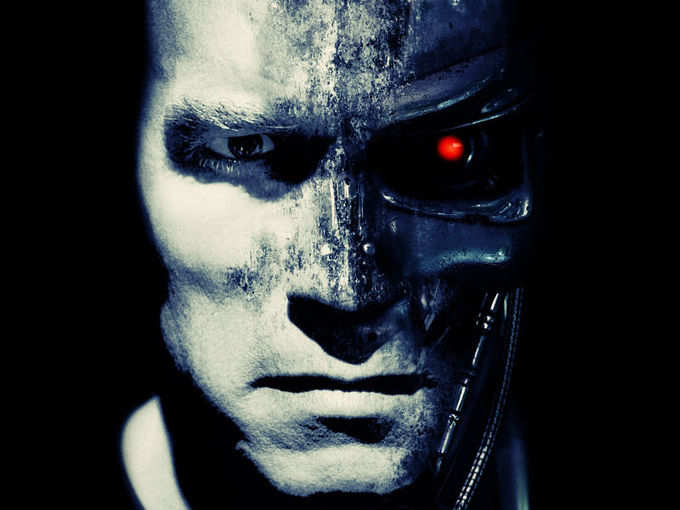 We have already started talking about
We have already started talking about The idea of super intelligent machines does sounds like the plot of The Terminator or Matrix, but nothing is fictional now.
Some even think the singularity — the time when Artificial Intelligence can match, and after that overtake, smart humans— may happen in only 25-30 years.
Well, we have just scratched the tip of
This is how robots are likely to affect our society in next 10-15 years
Everyday life
Today, robots are doing human work in a wide range of places. Best of all, they are doing the jobs that are unhealthy or impractical for people. This frees up workers to do the more skilled jobs, including programming, maintenance and operation of robots.
Robots that work on cars and trucks are welding and assembling parts, or lifting overwhelming parts - the type of jobs that include risks like injury or they work in situations loaded with hazards like excessive heat, noise or fumes-perilous places for people.
Social Robots
Rather than mindlessly doing chores for you, robots will perceive outward appearances, non-verbal communication and verbal cues to give a more human-like interaction. These robots will read these clues and hold individual, life-like conversations.
High-quality products can prompt to higher sales, which implies the organization that uses technology like robots will probably remain alive and vital, which is good for the economy. Notwithstanding enhancing quality, robots enhance profitability, another key element to economic wellbeing.
The AI of today is in no way like the gloomy, glowing cyborg we once imagined - it's more unusual, all the more fascinating, more astounding. It's superior to anything we imagined.
